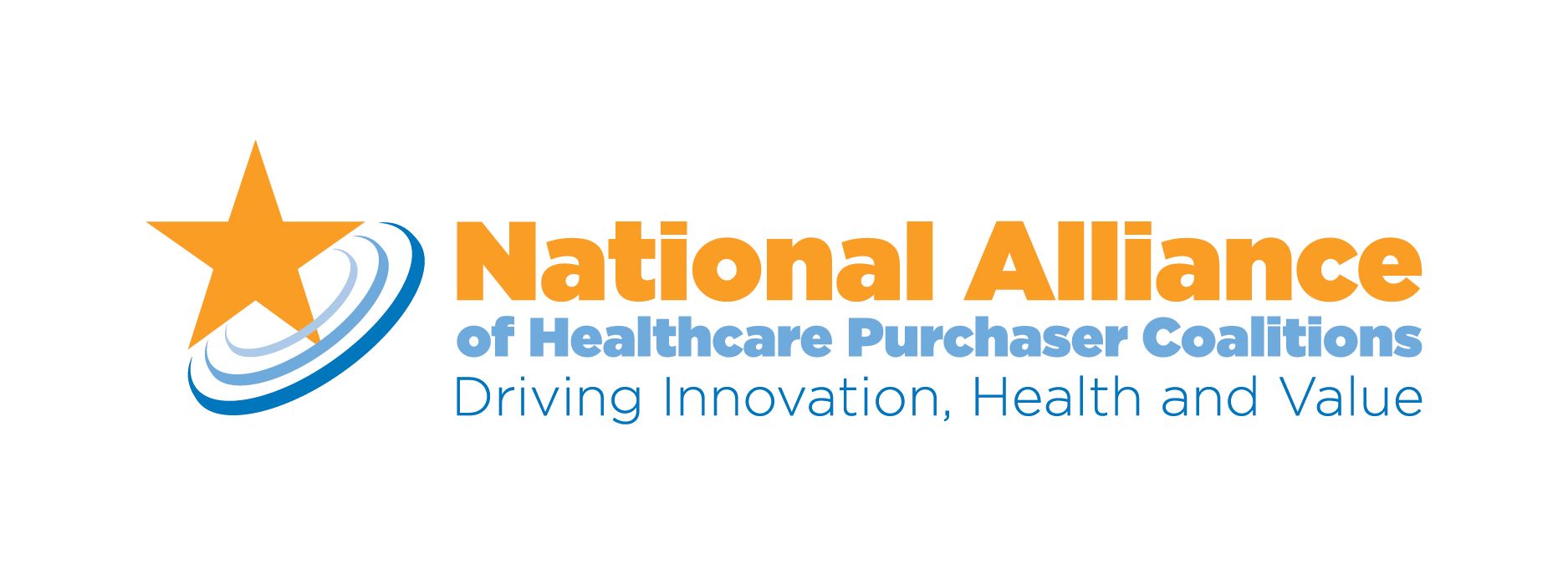
Town Hall Webinar Series Shows How Employers Are Addressing Mental Health and Well-Being During COVID-19

As part of the National Alliance of Healthcare Purchaser Coalitions Employer Town Hall series on the coronavirus disease 2019 (COVID-19), speakers discussed how employers are helping employees and their families to maintain mental health and wellness, with additional input on those managing existing mental health conditions.
During the third webinar of the National Alliance of Healthcare Purchaser Coalitions (NAHCP)
“As I think about all the issues around the physical elements associated with COVID-19, I think these issues are hardly even secondary—I think they are just as prevalent and just as big of an issue,” said Thompson.
Serving as moderators, Thompson and Darcy Gruttadaro, JD, director of the Center for Workplace Mental Health and the American Psychiatric Association Foundation Center for Workplace Mental Health, weere joined by a panel of experts, including Center for Workplace Mental Health advisors and other speakers:
- Gaurava Agarwal, MD, director of Physician Well-Being at Northwestern Medical
- Collier Case, director of Health & Productivity at Sprint
- Michael Weiner, assist leader at Ernst & Young
- Patrick Burke, head of Healthcare at Happify Health
- Connie Chen, MD, chief medical officer of Lyra Health
- Jennifer Hunter, LISW-S, CEO of emVitals
- Amy Kennedy, mental health advocate
Results from a
Gruttadaro opened the discussion by highlighting that in response to the public health crisis characterized by the rise in suicide and opioid-related deaths over the past 2 years, employers have stepped up by incorporating mental health services into the overall health and well-being of their workforce.
Fueled by the uncertainty surrounding the pandemic, Case expanded that promoting mental health is more important now than ever.
“I think one of the most important things employers can do is create some sense of certainty that employees know how they’re going to be treated if something happens to them, what is the company’s response to employees who are in a difficult situation, and making sure that the message is consistent across all pathways,” he said.
One strategy noted by Weiner was checking in on employees to ensure that their mental health remained stable amid the pandemic. “We have managers and leaders connecting with their teams just to make sure that people are aware of the resources… We just want to make sure we have a path to build community virtually in greater and different ways than when we were working face-to-face,” said Weiner.
Gruttadaro said that 3 groups serve as potential at-risk populations: those developing a mental health disorder or
To manage these risks, Gruttadaro provided key strategies that employers must prioritize, including leadership, communication and connection, flexibility, and ensuring access to mental health and SUD care. Moreover, she said how employers must get creative to ensure these strategies are being optimally translated across the workforce.
“People are having virtual coffee talks, some people are doing virtual planking—I have heard all kinds of different informal connections for those who may be isolated or alone. Also, be a trusted source, because with all the media information out there, people can get inundated all day long, and it’s really not good for your psychological health and wellness,” said Gruttadaro.
As employees require efficient availability of care, Agarwal noted that his entire faculty of psychiatrists have transitioned to
In concluding the webinar, Thompson provided a multistep strategy, “
“We want to get out on the other end of this with the system we should have, not the system we’ve had,” he said.
Newsletter
Stay ahead of policy, cost, and value—subscribe to AJMC for expert insights at the intersection of clinical care and health economics.








